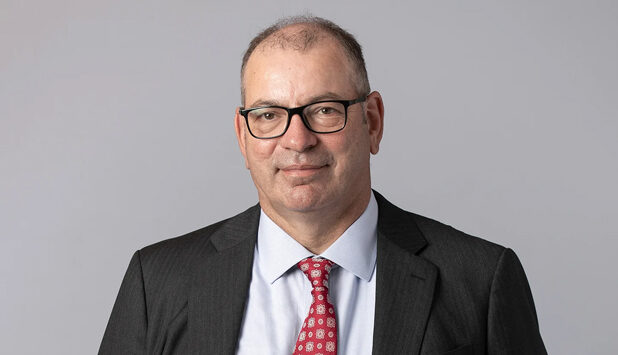
Christoph Michalski, President and CEO of Billerud
Sweden recently organized a two-day conference titled “Living in the Bioeconomy” during its Presidency of the EU. The conference discussed policies and actions towards a sustainable, biobased society with resource-efficient value chains.
During the conference, Christoph Michalski, President and CEO of Billerud, spoke about the crucial role of fiber-based packaging in the green transition. He emphasized that the material and design of packaging matter and that fiber-based packaging is essential to the circular economy. The fiber in the packaging is recycled and reused until it can no longer be used, and then it returns to carbon dioxide, closing the natural carbon cycle.
Michalski stressed the importance of food safety and reducing food waste, which has a more significant impact than the actual climate impact of producing the package. Billerud replaces fossil-based materials with renewable and recyclable materials, contributing to the sustainability of paper-based packaging and a more sustainable, circular economy.
Michalski also discussed how Life Cycle Assessment (LCA) shows that fiber-based packaging has a significant advantage over other materials like glass and plastics. Beverage cartoons, for example, are made mainly from renewable resources, reducing the strain on fossil resources.
The conference had various sessions and discussions, including an opening session with remarks from the Minister of Rural Affairs, Peter Kullgren, and a video message from Wolfgang Burtscher, Director-General of the European Commission’s Directorate-General for Agriculture and Rural Development.
Day two of the conference featured a thematic session on resource-efficient value chains. Various speakers discussed supporting the development of European bio-based value chains and biorefineries, the role of test beds in developing resource-efficient value chains, and regional cooperation's increased efficiency. The conference also included a pre-taste of the afternoon study visit on a resource-efficient food system.
The concluding panel discussion focused on the next steps towards a sustainable, biobased society. The panel included reflections from John Bell, Director for Healthy Planet at the European Commission’s Directorate-General for Research and Innovation, Kristin Schreiber, Director for Ecosystems at the European Commission Directorate-General for Internal Market, Industry, Entrepreneurship and SMEs, and Joao Onofre, Director for Outreach, Research & Geographical Indications at the European Commission Directorate-General for Agriculture and Rural Development.
The conference was a success, and the discussions were insightful and thought-provoking. The transition to a biobased economy is key for climate, jobs, growth, and development in rural areas. With the current challenges, renewable resources are essential for a resilient Europe, and this conference has helped further accentuate the need for it.
Further information about the conference is available on Living in the bioeconomy (europa.eu).

 iConnectHub
iConnectHub
 Login/Register
Login/Register Supplier Login
Supplier Login


























